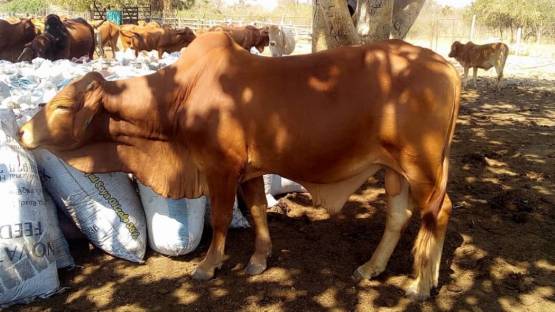In Zambia, government agencies are paying increasing attention to food safety issues, but public awareness is low and life-threatening outbreaks of food poisoning can happen. The causes of food poisonings and contamination range from production and handling practices to the unsafe use of veterinary drugs among others. For many years the IAEA and the United Nations Food and Agricultural Organization (FAO) have worked in collaboration with national authorities to help and support the country’s efforts to improve food safety in staple crops and animal products.
Recently, these efforts have focused on meat and other animal products. Approximately half of urban consumer’s food expenditure is of livestock food products and grains, whereas the rural population is thought to rely more heavily on grains. As Zambia develops and its citizens’ incomes increase, the national diet is likely to change. It is expected that more meat will be consumed in the future, and therefore the meat processing industry will also grow. Experts are working to tackle livestock and human health problems related to meat and other foods derived from animals.
The IAEA and FAO are working with Zambian experts to address drug resistant microbes as well as food contamination in meat and other animal products. Part of this involves strengthening the capabilities of the country’s Central Veterinary Research Institute (CVRI). Providing new equipment to analyse hazardous chemicals in food and transferring novel analytical technology, the IAEA is supporting the CVRI in delivering better services and has increased the technical knowledge of laboratory analysts through guidance and training. The ultimate aim is to ensure food is up to quality standards and rates of food poisoning are lowered.
“Food safety is a priority for Zambia, and we are glad for the IAEA’s support in building our laboratory capabilities and encouraging collaboration among our institutions,” said Gerald Monga, Principal Veterinary Research Officer at the CVRI.







